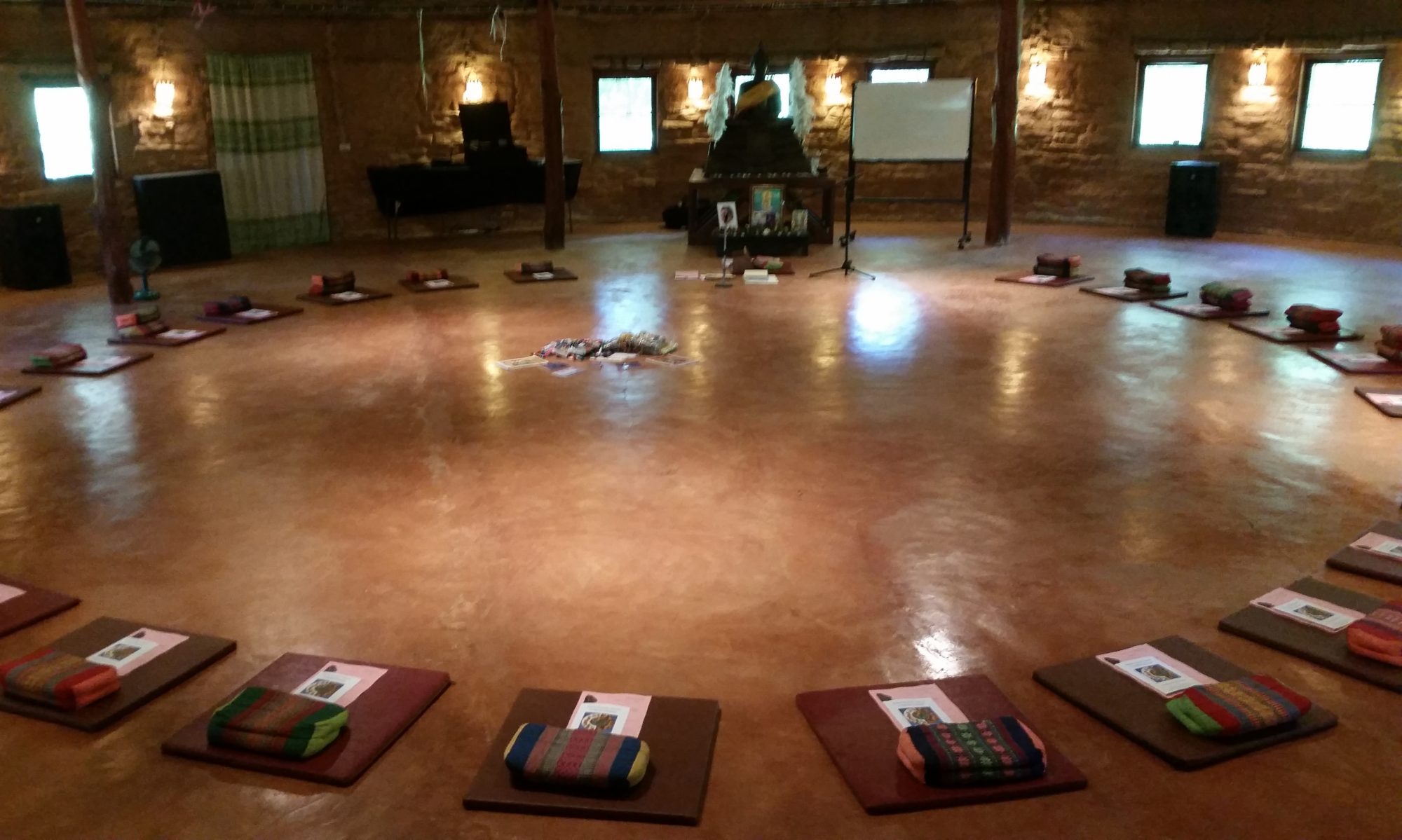If you are not sure if you should take a certain action or not, then you might consider the advice given by the Buddha to his 11-year old son Rahula:
RAHULA RULE No.1 Reflect before you think, speak or act
Will this mental, verbal or bodily action cause harm to me or others?
YES – then maybe you should NOT do it.
NO – then carry on.
“Whenever you want to do an action, you should reflect on it: ‘This action I want to do — would it lead to self-affliction, to the affliction of others, or to both? Would it be an unskillful action, with painful consequences, painful results?’ If, on reflection, you know that it would lead to self-affliction, to the affliction of others, or to both; it would be an unskillful action with painful consequences, painful results, then any action of that sort is absolutely unfit for you to do. But if on reflection you know that it would not cause affliction… it would be a skillful action with pleasant consequences, pleasant results, then any action of that sort is fit for you to do.
RAHULA RULE No.2 Assess while you are thinking, speaking or acting
Is this mental, verbal or bodily action causing harm to me or others?
YES – then maybe you should STOP doing it now.
NO – then carry on…
“While you are doing an action, you should reflect on it: ‘This action I am doing — is it leading to self-affliction, to the affliction of others, or to both? Is it an unskillful action, with painful consequences, painful results?’ If, on reflection, you know that it is leading to self-affliction, to the affliction of others, or to both… you should give it up. But if on reflection you know that it is not… you may continue with it.
RAHULA RULE No.3 Review that thought, speech or action
Did that mental, verbal or bodily action cause harm to me or others?
YES – then maybe you should NOT DO IT AGAIN.
NO – then this was a wise, skillful action.
“Having completed an action, you should reflect on it: ‘This action I have done — did it lead to self-affliction, to the affliction of others, or to both? Was it an unskillful action, with painful consequences, painful results?’ If, on reflection, you know that it led to self-affliction, to the affliction of others, or to both; it was an unskillful action with painful consequences, painful results, then you should confess it, reveal it, lay it open to a Sponsor, a Mentor, a Teacher or to a knowledgeable companion. Having confessed it… you should exercise restraint in the future. But if on reflection you know that it did not lead to affliction… it was a skillful action with pleasant consequences, pleasant results, then you should stay mentally refreshed & joyful, training day & night in skillful mental qualities.”
So, in short you should be mindful about anything you do and if the intention or result is to cause harm to you or anyone else then it is not a skilful or wise choice… IT WILL NOT MAKE ANYTHING BETTER. Check it out for yourself.
Adapted from “Ambalatthika-rahulovada Sutta: Instructions to Rahula at Mango Stone” (MN 61), translated from the Pali by Thanissaro Bhikkhu. Access to Insight, June 14, 2010, http://www.accesstoinsight.org/tipitaka/mn/mn.061.than.html.
Related resources:
Webpage : The Rahula Sutta
